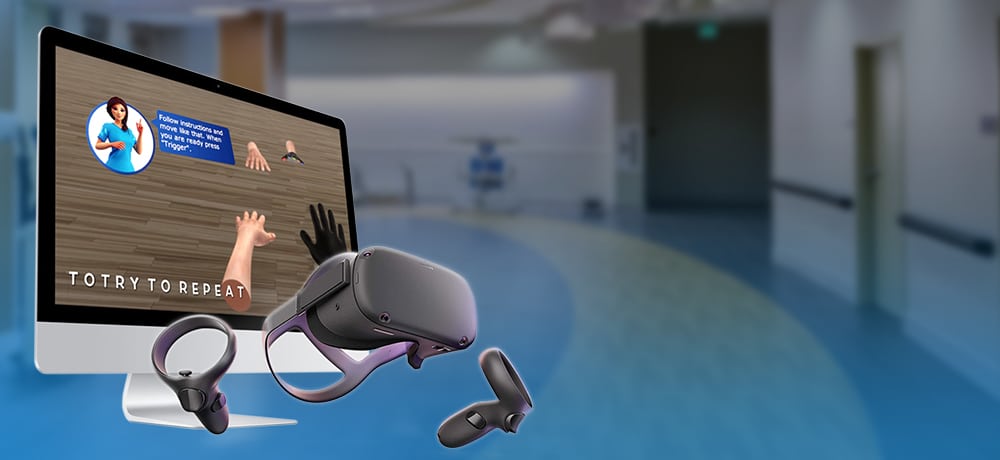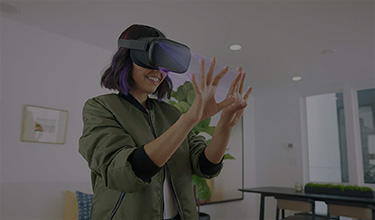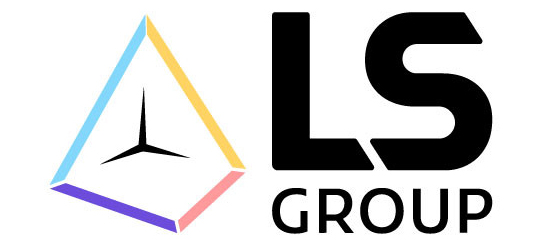Integrating VR technology in medical training and education has shown tremendous potential in reducing costs for healthcare businesses. Below you may find some potential cost savings that healthcare businesses can achieve by implementing VR in medical training and education.
Reduced need for physical training facilities. VR technology fosters medical professionals to practice different medical procedures and scenarios in a virtual environment that's under control, which undoubtedly minimizes the need for expensive physical training facilities, resulting in significant cost savings for healthcare businesses, inasmuch as they won't have to invest in building as well as maintaining physical training facilities.
Fewer medical errors. Medical errors are a leading cause of increased healthcare costs. With VR technology, medical professionals can practice various medical procedures multiple times before performing them on patients, reducing the risk of medical errors during surgery or other procedures. Fewer medical errors mean decreasing costs associated with medical malpractice claims.
Improved training efficiency. VR technology can equip healthcare practitioners with more efficient training, reducing the time and costs associated with traditional medical training methods. Moreover, medical professionals can learn and practice various procedures at their own pace without requiring an instructor to always be present.
Enhanced medical skills and knowledge. VR technology can enable healthcare professionals to develop enhanced skills and knowledge, improving their ability to diagnose and treat various medical conditions. Such an approach may result in reduced healthcare costs because patients will receive better treatment, and healthcare businesses are to experience fewer complications as well as readmissions.
Reduced travel costs. Traditional medical training methods often require practitioners to travel long distances to attend training sessions. With VR technology, your personnel can receive training and education from anywhere in the world, removing the need for travel and the associated costs.
Implementing VR technology in medical training and education can provide significant cost savings for healthcare businesses. By reducing the need for physical training facilities, minimizing medical errors, improving training efficiency, enhancing medical skills and knowledge, and reducing travel costs, healthcare businesses can experience substantial savings. As the healthcare industry continues to evolve, VR technology is poised to play an increasingly significant role in improving medical training and education and reducing healthcare costs.
If you are looking to develop virtual reality healthcare software, Program-Ace can prove the perfect choice for your project. With our profound experience in software development, including VR development, Program-Ace has acquired the expertise and skill set to create custom healthcare VR software solutions that meet your most specific requirements.
We have all the necessary tools, resources, as well as experience to develop innovative and engaging VR software that can improve patient outcomes, reduce healthcare costs, and enhance medical training or education. Contact Program-Ace today to discuss your healthcare VR software development needs and take the first step toward realizing your vision.




























